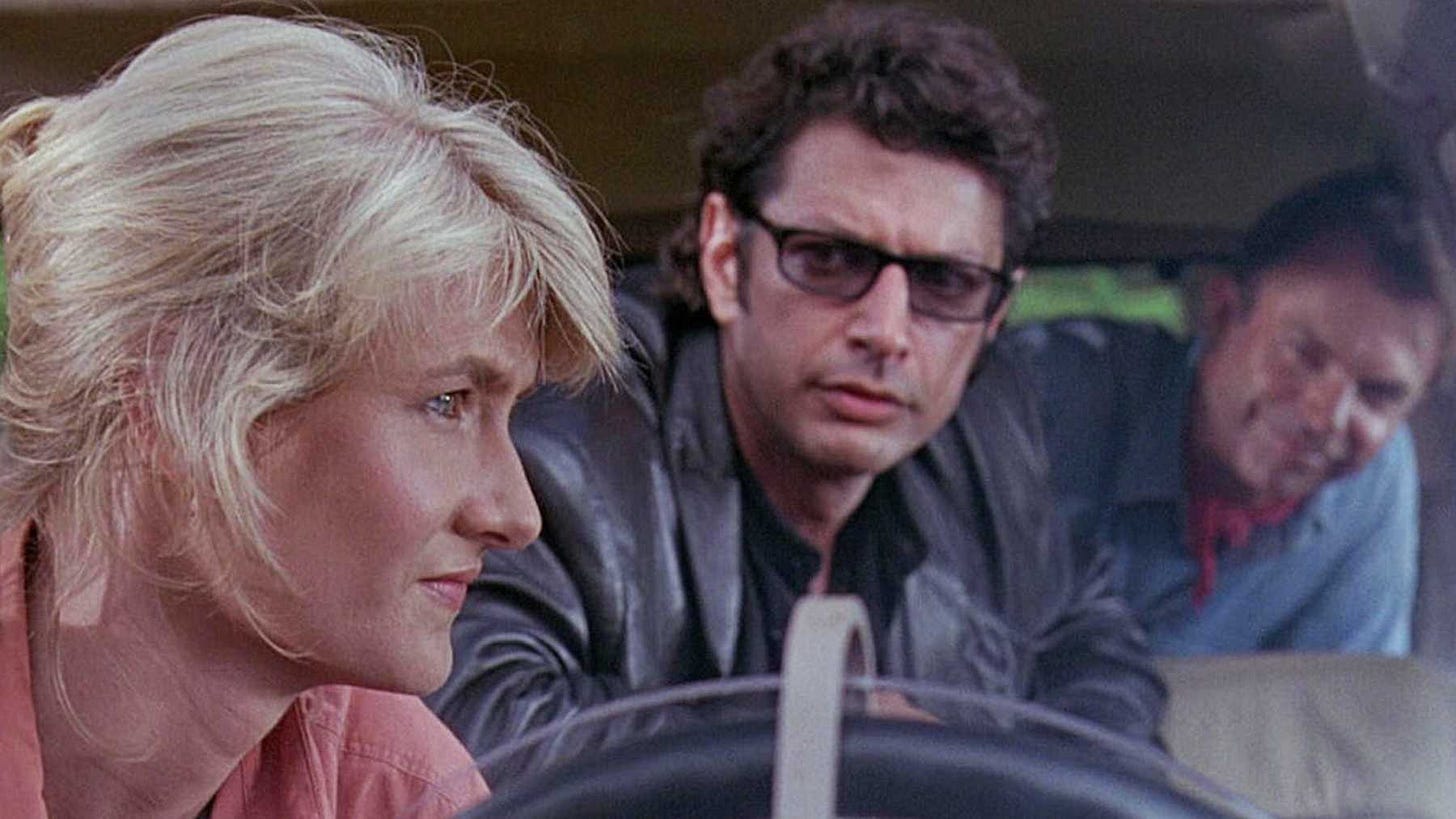
Watching
Clueless (1995)
The most unsettling feeling came over me while watching this. Here was a movie, made in the 90s, that felt like a movie made in the 90s, yet that also seemed to have been made by someone twenty years hence, satirically reimagining the 90s from afar. I don’t remember the 90s looking like this! And then I was struck by an even more …



